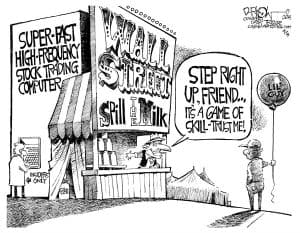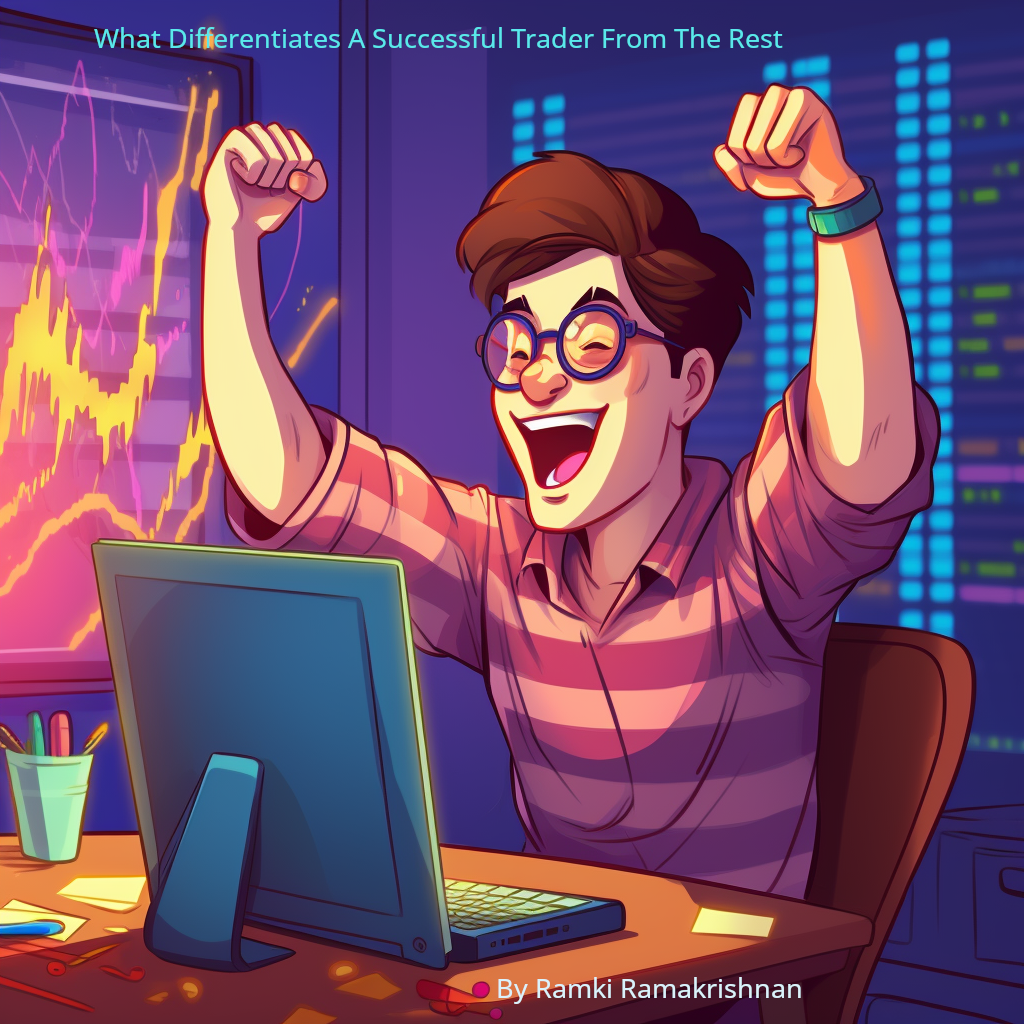The question that we should be asking ourselves every few days is “What kind of trader am I?”
Am I a day trader who is watching the market like a hawk in order to scalp a few points here and there? Usually, such trading requires ‘size’ in order to make a meaningful contribution to our bottom line. Such activity also requires far more discipline with stop losses than say a position trader. It is very easy to drop a large sum of money if the day trader selectively loosens his stop-loss criteria based on his emotions.

If you decide that you are a swing trader, then you don’t mind holding a position for a few sessions. This kind of trading allows you to capture a much larger price move than what day-trading would allow. You will also not run up your expenses. The number of trades you execute will be fewer, and hence the number of mistakes you make will also be less. Of course, the day-trader is not exposed to the risk of a significant adverse move that could happen overnight! By the same token, a swing trader can make a lot more money than the day trader because of positive news that might surface overnight.
Deciding what approach we wish to take, day trading or swing trading, and executing a suitably tailored strategy to achieve our goals, is all part of what makes a trader successful.

